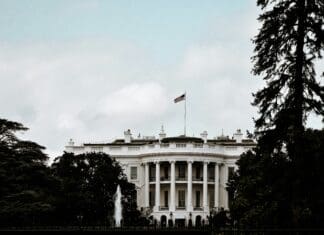
This post is also available in:
 עברית (Hebrew)
עברית (Hebrew)
A new French law would impose penalties and fines on smartphone manufacturers who refuse to hand over encrypted information to law enforcement in terrorism related cases. The measure, voted on last Thursday, says that a manufacturer who refuses to hand over encrypted data to authorities could face up to five years in jail and a €350,000 ($380,000) fine.
The amendment was submitted by the conservative opposition, while the government entreated lawmakers to postpone deliberations.
Lawmakers who supported the law said it was particularly urgent at this moment, as this May expires the state of emergency that has been in place since the 13 November attacks. It is vital to broaden the investigatory powers of law enforcement before the measures of the state of emergency expire, they said.
The amendment may only survive in a weakened form, legal experts say, as the government is reluctant to jostle with the big telecommunication companies.
Telecoms would be subject to lesser penalties than manufacturers under the amendment, but could still face up to two years in prison for failure to comply.
This comes mere days after several US technology giants publicly backed Apple in the legal battle against the FBI over encryption. The consensus among tech companies is that if Apple is forced to break its own encryption on behalf of the government, it would set a dangerous precedents.
Conversely, the FBI argues that by equipping smartphones with end-to-end encryption, Apple and its ilk are creating “warrant proof zones” and seriously hampering investigative powers, allowing criminals and terrorists to easily hide from law enforcement.
























